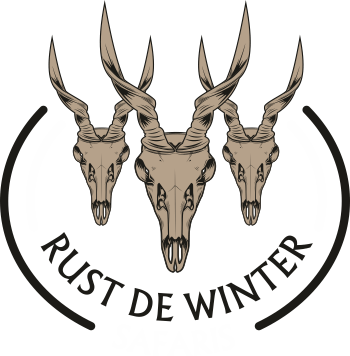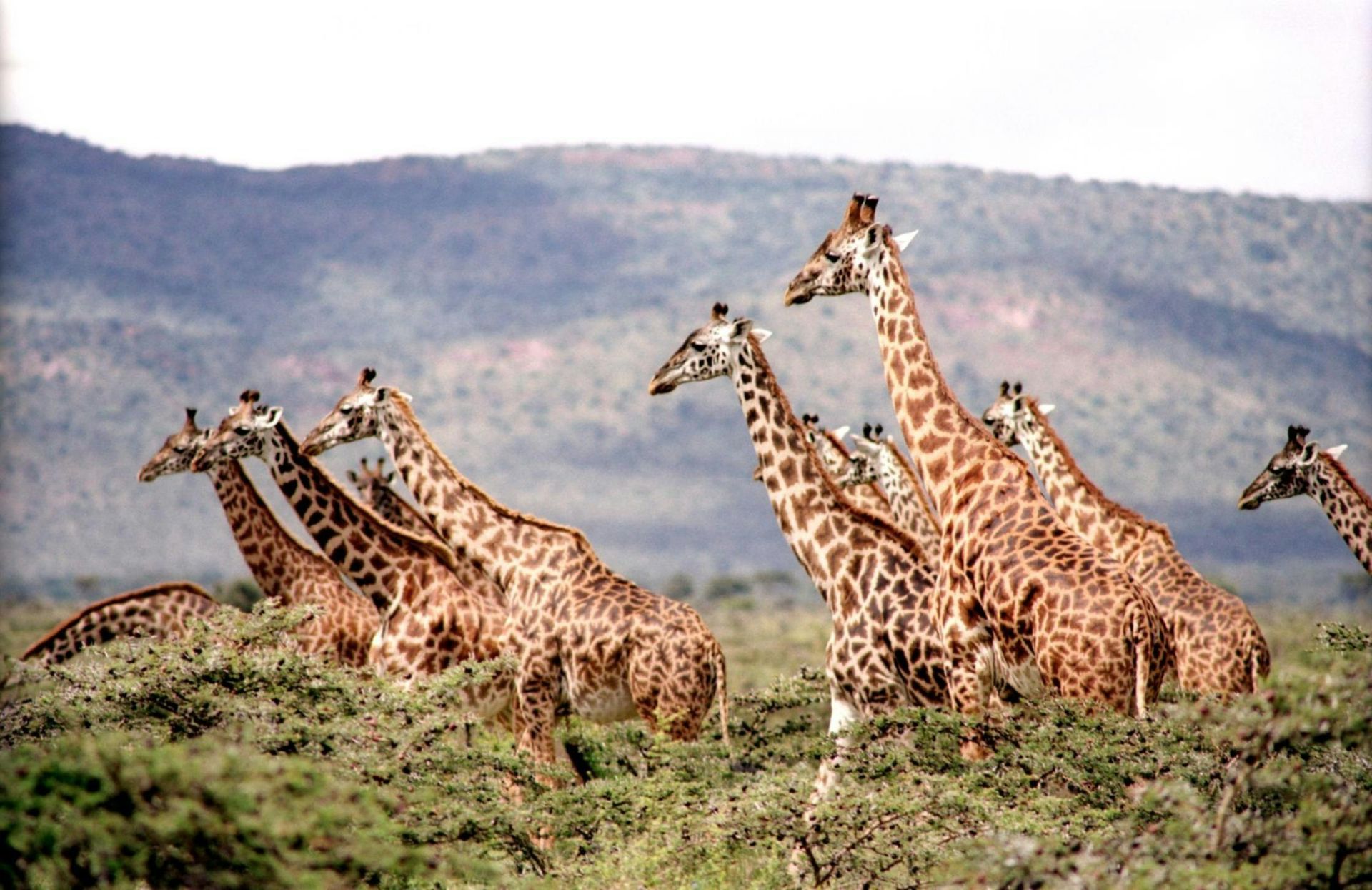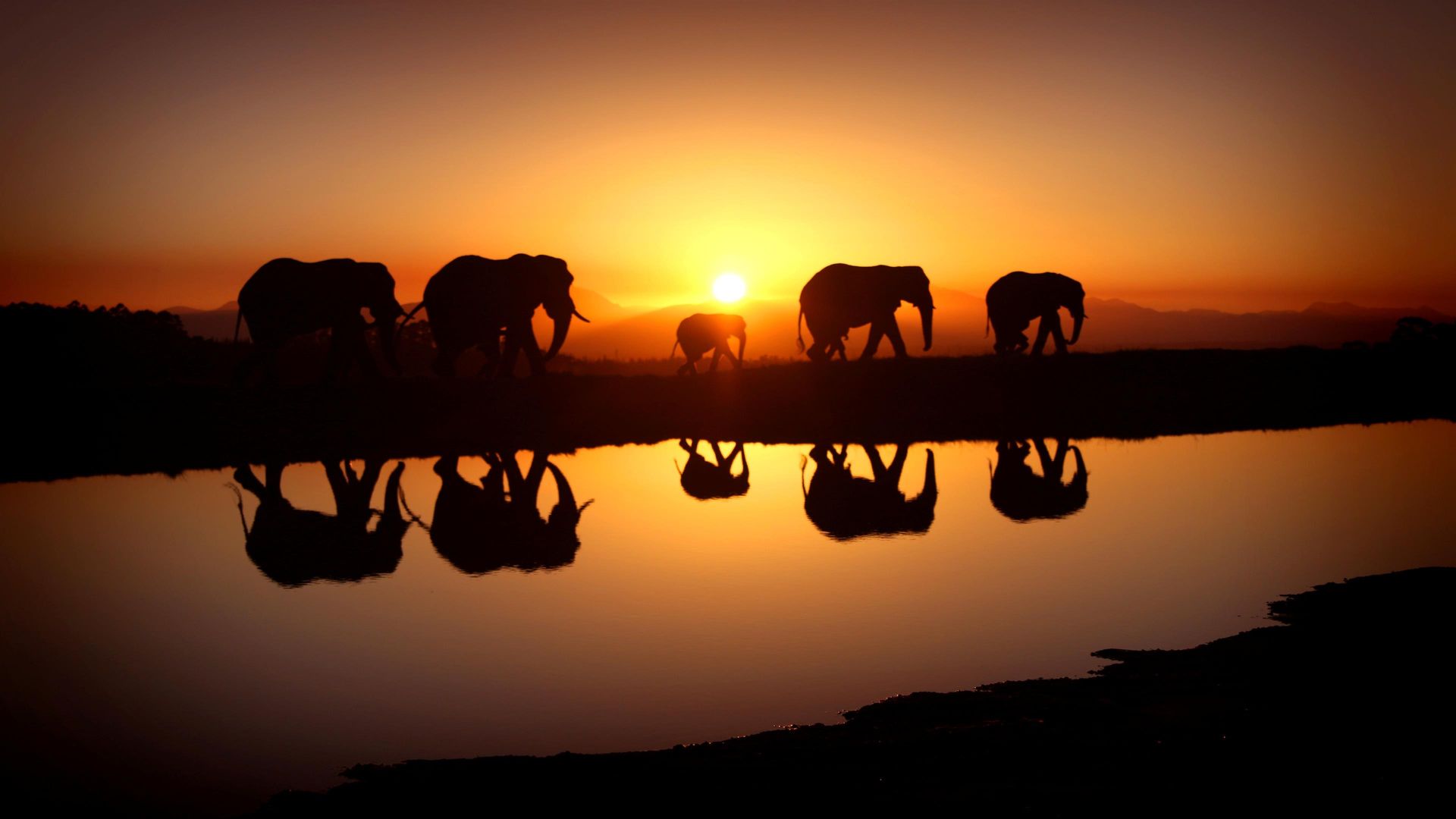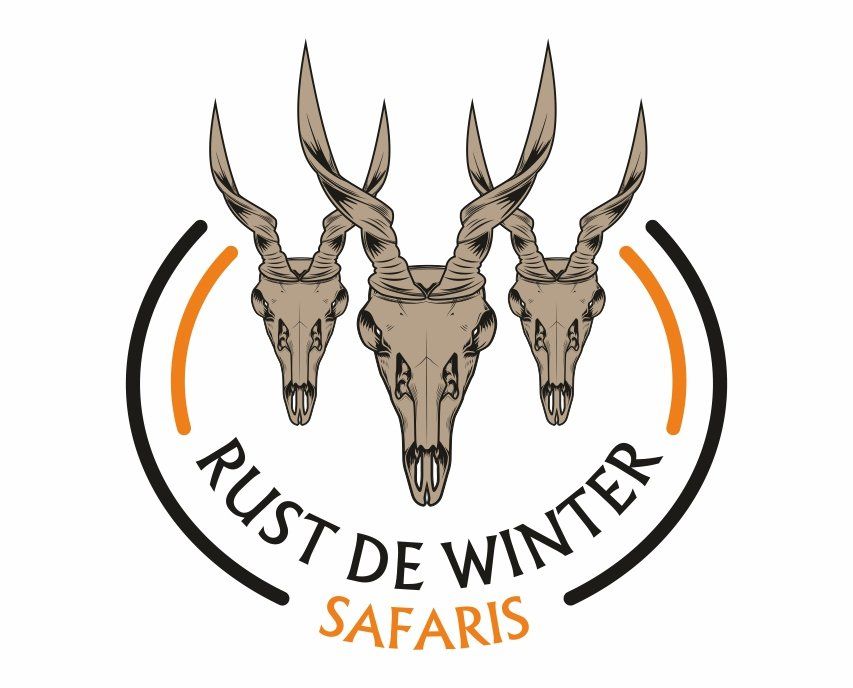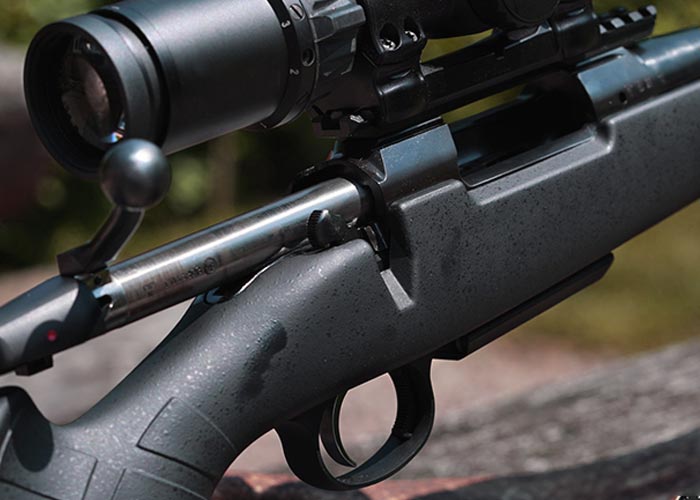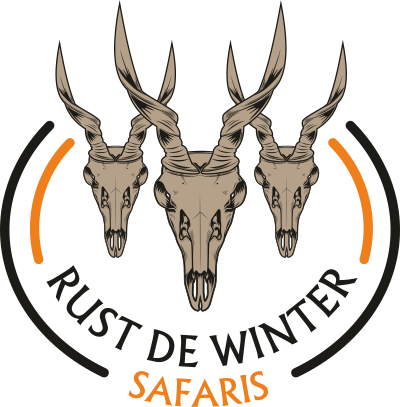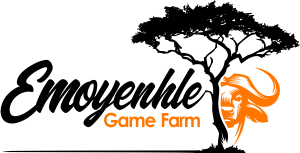TIPPING GUIDELINES FOR HUNTERS IN SOUTH AFRICA
TIPPING GUIDELINES FOR HUNTERS IN SOUTH AFRICA
Written by: Peter Ruddle – A Licensed Professional Hunter since 1982

Suggested Gratuities for Hunting Staff and Camps
Tipping the safari team is customary in the hunting industry, though it remains a personal choice, reflecting your gratitude for the team's hard work. These men and women work irregular hours, starting early and finishing late, to ensure your safari is a success. While they may be employed full-time or seasonally, many rely on tips to supplement their income and support their families.
When and How to Tip
In South Africa, tipping is a customary practice in the hunting industry, with hunters typically providing gratuities to the professional hunting staff and support teams based on the quality of service they receive. However this still remains a personal choice, reflecting your gratitude for the team's hard work. These men and women work irregular hours, starting early and finishing late, to ensure your safari is a success.
The process of tipping can vary from one camp to another. It’s always a good idea to communicate with your outfitter ahead of time or during the safari to understand how tipping works at that particular location.
Typically, gratuities are given at the end of your safari before you depart. In many cases, the outfitter or guide will organize a farewell where you can personally hand tips to the team. If some staff members are unavailable due to duties, you can leave their tips in sealed envelopes with the person in charge, who will ensure they receive them.
Some outfits may prefer that tips be handed to the outfitter for safekeeping, often using tip vouchers. These are distributed at the end of the hunting season or transferred to the staff’s bank accounts, with the staff signing to acknowledge the amounts.
While tipping amounts can vary depending on the experience, location, and length of the hunt, here are some general guidelines:
1. Professional Hunter (PH)
- Recommended Tip: $50–$100 per day
- The professional hunter serves as your guide and is responsible for ensuring a successful and safe hunting experience.
2. Trackers
- Recommended Tip: $10–$20 per day
- Trackers are essential to the success of a hunt, helping locate animals and following the trail of game.
3. Skinners
- Recommended Tip: $10–$20 per day
- Skinners handle the preparation and preservation of the animal's hide and meat after the hunt.
4. Camp Staff (e.g., cooks, cleaners)
- Recommended Tip: $5–$10 per day
- This includes the kitchen and housekeeping staff who ensure your comfort and well-being in the camp.
5. General Tip Pool
- Alternative Approach: Some hunters prefer to provide a lump sum tip that is distributed among the entire staff by the outfitter. This is typically around 10–15% of the total hunt cost.
In addition to end-of-safari tips, small gestures during your stay, such as giving out caps, second-hand or new clothing, shoes, skinning knives, or small cash tips after a successful hunt, can boost morale and encourage even greater efforts from your team throughout the safari.
These tips are just guidelines and can vary based on the level of service, personal satisfaction, and your financial situation. It's always a good idea to check with your outfitter for specific tipping customs at their lodge.
